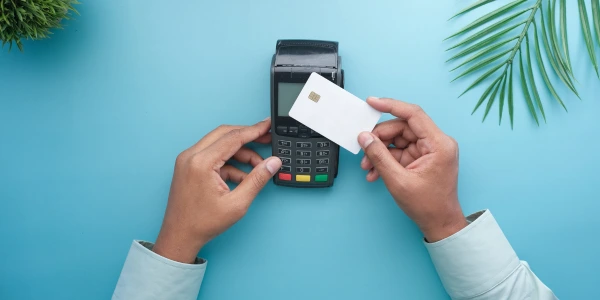Getting your first credit card is often seen as a rite of passage into adulthood — and for good reason. When used responsibly, a credit card can help build your financial foundation. But if used carelessly, it can also lead to debt, fees, and long-term credit damage. So, should you get a credit card in your 20s?
Let’s explore the pros and cons to help you make the smartest choice for your situation.
✅ Pros of Getting a Credit Card in Your 20s
1. Start Building Your Credit History Early
Your credit score is based partly on how long you’ve had credit. Getting a card in your 20s helps you build a strong credit history over time.
Why it matters:
- A longer credit history improves your credit score
- Lenders see you as more trustworthy
- You’ll qualify for better loans and interest rates later
2. Build a Positive Credit Score
Using a credit card wisely (paying on time, keeping balances low) can significantly boost your credit score.
Benefits of a good credit score:
- Easier loan approvals (car, home, student loans)
- Lower interest rates
- Better rental and job prospects
3. Emergency Backup
In case of an unexpected expense — like a flat tire or emergency travel — a credit card can provide short-term financial relief.
Caution: Only use it for true emergencies, and have a plan to pay it off quickly.
4. Rewards and Perks
Many cards offer cash back, airline miles, or points for purchases — essentially free money if you pay your balance in full.
Popular perks:
- 1% to 5% cashback on groceries, gas, or online shopping
- Travel insurance, fraud protection, extended warranties
5. Financial Discipline and Habits
A credit card teaches responsibility — if you approach it with the right mindset.
Skills you’ll develop:
- Budgeting around billing cycles
- Avoiding late payments
- Understanding interest, fees, and limits
Mastering credit early sets you up for lifelong financial success.
❌ Cons of Getting a Credit Card in Your 20s
1. Risk of Debt
The biggest danger? Spending more than you can afford and falling into debt. Credit card interest is notoriously high — often 20% or more.
What happens with credit card debt:
- Minimum payments keep you in debt longer
- Interest compounds quickly
- Late fees pile up
If you’re not confident in your self-control, wait until you’re ready.
2. Temptation to Overspend
When you don’t feel the money leaving your wallet, it’s easier to impulse-buy things you don’t need.
Avoid the trap by:
- Treating your card like a debit card
- Setting spending limits for yourself
- Turning off auto-fill features online
Financial maturity is key to resisting temptation.
3. Late Payments Can Hurt You for Years
Missed or late payments damage your credit and stay on your report for up to 7 years.
Even one late payment can:
- Drop your credit score by 50+ points
- Trigger late fees and penalty interest rates
- Affect your ability to borrow or rent
Set up automatic payments or reminders to stay on track.
4. Credit Cards Can Be Confusing
Understanding interest rates, grace periods, balance transfers, and statement cycles takes time. Misunderstanding these details can lead to costly mistakes.
Tips to avoid confusion:
- Read your credit card agreement
- Ask questions before applying
- Start with a beginner-friendly card
Education is power when it comes to credit.
5. You May Not Qualify for the Best Offers
As a young adult, you may only qualify for cards with low limits or fewer perks — at least until you build a credit history.
Instead, consider:
- A student credit card
- A secured credit card (requires a deposit)
- Being an authorized user on a parent’s card
These options help you start small and build from there.
When Is the Right Time to Get a Credit Card?
You might be ready for a credit card if:
- You have a steady source of income
- You’ve learned the basics of credit and interest
- You’re committed to paying the full balance monthly
If you’re still working on budgeting or building financial discipline, it’s okay to wait. There’s no rush.
Tips for First-Time Credit Card Users
If you do decide to get a card, here are a few best practices:
- Only spend what you can pay in full each month
- Use your card for regular bills (e.g., phone, Netflix) to build credit
- Pay before the due date to avoid interest
- Keep your credit utilization below 30%
- Monitor your account for fraud or mistakes
Apps like Credit Karma or Experian can help you track your score and credit usage for free.
Final Thoughts: A Credit Card Is a Tool — Use It Wisely
Getting a credit card in your 20s can be a smart move — or a financial setback. The difference lies in how you use it. If you’re prepared, disciplined, and committed to learning, a credit card can help build a strong financial future.
But if you’re not ready, that’s okay too. There are other ways to build credit and manage your money until you are.
Either way, the goal is the same: make decisions that move you closer to financial freedom, not further from it.
in God we trust

